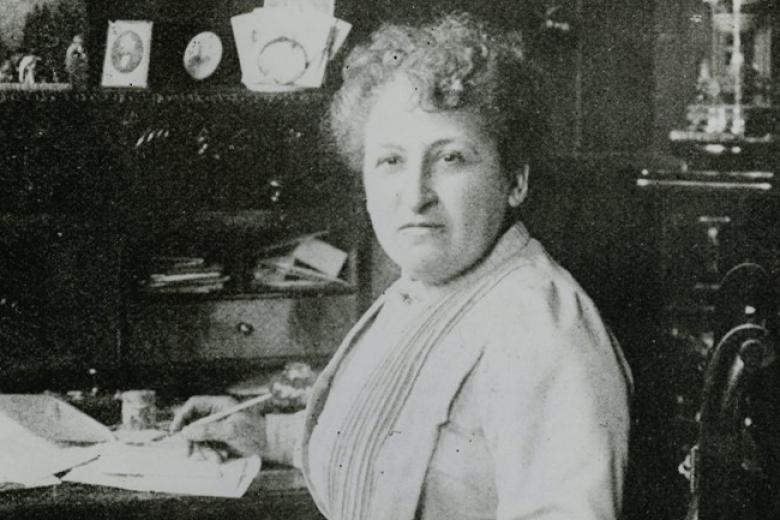The supposed rise of empirical research in European legal journals
Over the years, I have heard various colleagues say they thought empirical legal research (ELR) has been on the rise. Some see this as a positive development, making law and legal research more evidence-based and diverse.
Others are critical, for example because ELR projects are more successful when it comes to obtaining grants than doctrinally-oriented projects.
For sure, I have seen many ELR workshops, conferences, symposiums and other events been organized over the years. Nevertheless, I have wondered why there would be an increase of ELR. I have not seen more colleagues who have been enthusiastic about ELR actually start doing more ELR. This year, together with two co-authors, I took the time to go analyze the proportion of empirical articles in the 2008 – 2017 period for a large number of European-based legal journals.
The result? The evidence for an increase is weak at best. The results do not provide convincing evidence (if any) for an increase of the proportion of empirical articles. We did find some other interesting effects, such as more prestigious journals being more likely to publish empirical articles than less-prestigious journals, and older journals being more likely to publish empirical work than younger journals, but not at an increasing rate.
The study obviously comes with some limitations, since the time period that was examined is limited, because an analysis of the submitted articles may paint a different picture, or because ELR scholars may tend to publish in US-based journals rather than European-based journals. Nonetheless, the findings do raise the question why ELR has not become more popular.
Various reasons can be identified that form obstacles for ELR to grow. The availability of data that can be analyzed is undeniably important. But perhaps more important is training. To my knowledge, legal academia has not been considerably changed in that it implemented a more empirical focus in the programs offered to law students. As a result, academic staff is not incentivized to obtain empirical skills, and because graduates are not trained empirically, they are unlikely to see the importance nor will they see the necessity to recruit empirically trained law school graduates. It therefore seems that if we want to increase the use of empirical legal research, it starts in legal education. And by simply start doing it.
The article Empirical Legal Research in Europe can be found on Erasmus Law Review or on SSRN.
| More blogs on Law Blogs Maastricht |
G. van Dijck
Gijs van Dijck is professor of Private Law, Digitalization, and Legal AI. He tinkers with data, artificial intelligence, and empirical and data-driven methods, because sometimes, the best way to understand law is to measure how weird it really is. His mission: Help understand whether and how machines can help humans interpret, apply, and evaluate the law.

-
The European Super League: opening the floodgates of competition law
Recent days have seen the meteoric rise and fall of the European Super League (ESL). This new league would have consisted of 15 founding clubs and 5 other clubs; the former consisting of ‘big clubs’ which could not be relegated and the latter in clubs who performed well over the past years on a...

-
Shades of European righteousness in California’s handling of Uber
Back in 2017, the European Court of Justice ruled in Asociación Profesional Elite Taxi v. Uber Systems Spain, SL (Case C-434/15) that Uber offers common transportation services and thus, ought to be regulated as such. Various European national courts subsequently made similar rulings against Uber...

-
Dean’s blog episode 17: which names for our tutorial rooms? and: happy holidays!
In the last few months all colleagues were able to participate in a poll to name our tutorial rooms. This leads to a choice doing justice to diversity in nationality, field, gender and type of name.
